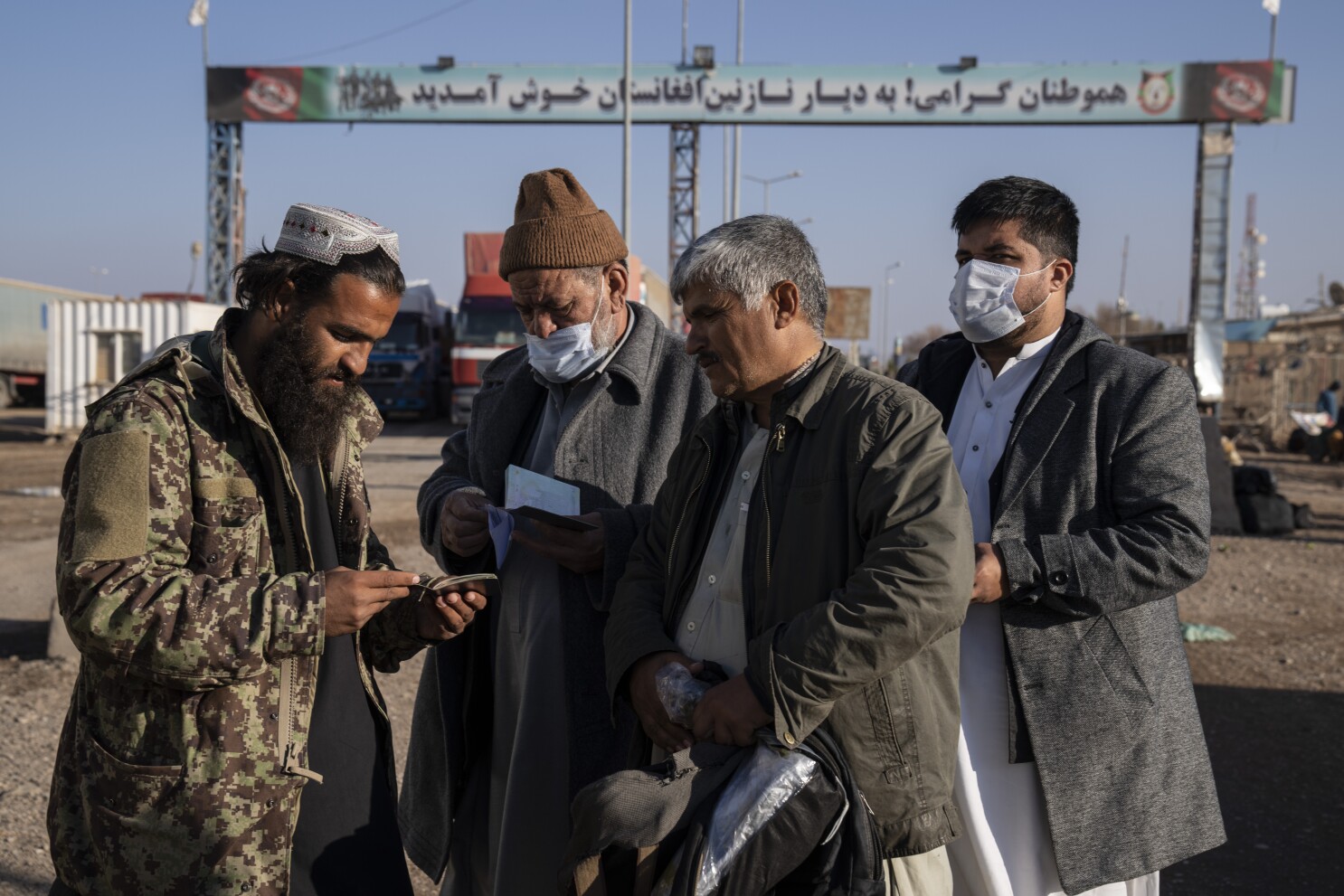Tensions are on the rise between Iran on one hand and both Iraq and Afghanistan on the other. Recently there have been anti-Iranian protests in Kabul with the blessing of the Taliban. Iran has also been threatening Iraq with new strikes on its territories, similar to the strike on Irbil on the 13th of March. Such tensions place the new Iranian government of Ibrahim Elraisi under pressure, as it has declared improving relations with Iran’s neighbors to be a priority. The opposition is exploiting this situation, along with the delays in reaching an agreement in Vienna, in concerted campaigns against the government. The tensions between Iran and its neighbors Iraq and Afghanistan are related to several issues, including the increasing burden on Iran of hosting refugees from Afghanistan on Iran, Iran’s attempts to pressure the Taliban via its allies, the Fatemiyoun Corps , as well as Iran’s use of Iraq as an arena in which it can settle scores with regional or international foes, sending threatening messages to Iraqi political forces that oppose its domestic allies efforts to maintain control over centers of power in Baghdad.
It is clear that Iranian influence in Iraq and Afghanistan is currently being challenged by a variety of issues. The rising tensions between Iran and the Taliban were reflected in protests in front of the Iranian embassy and consulate in Kabul. On April 11th, protestors decried what they called the mistreatment of Afghan refugees in Iran, with the tacit approval of the Taliban, according to several reports. On the 23rd of the same month, clashes broke out on the border between Iranian and Afghan border guards, causing Iran to close the Dogharoun border crossing.
At the same time, tensions between Iran and Iraq have also been rising as the result of the rocket attack by the IRGC on what it termed was an “Israeli intelligence base” in Irbil on the 13th of last March. There have also been growing tensions over water resources. Although there have been several bilateral visits by officials from both sides, Iran continues to threaten further military strikes, if and when it deems it necessary. The head of the Higher Council for National Security, Ali Chamakhani, when receiving the Iraqi Head of Parliament, Mohammed al Halbousi on April 27th, declared that Iran would respond swiftly and harshly to action taken on Iraqi soil with the intension of undermining its security. He further alluded to “unacceptable measures” taken in Iraq against Iranian interests.
These current tensions between Iran and its neighbors in Iraq and Afghanistan are related to deeper issues regarding Iran’s regional policies, which include:
The growing economic burden of hosting refugees: Iran has received the largest number of Afghan refugees, estimated by Iranian officials to be between 4 – 5 million, while aid agencies estimate the number to be 3 million. The number of Afghan refugees in Iran has increased following the takeover by the Taliban, increasing the domestic pressures in Iran due to the economic crisis and the absence so far of an agreement in Vienna that would allow for the lifting of economic sanctions. These pressures have led some Iranian officials to warn of the recurrence of popular protests in response to difficult living condition (which in fact occurred as bread riots broke out in May).
Iran’s deployment of proxy militias: Iran formed, equipped and trained the Fatemiyoun Corps, recruited from the Shiite Afghani refugees in Iran. It deployed the corps to support the forces of President Bashar Al Assad in Syria. The corps recently took a stand on domestic Afghani politics, issuing a statement on April 26th, according to Iranian media reports, condemning attacks on mosques and schools in Afghanistan, which they claimed were attempts to create instability and pave the way for establishing Israeli influence in Afghanistan. The statement linked these attacks to an attack on a religious site in the Iranian city of Mashhad on the fifth of April. It can be argued that the statement by the corps was intended as a message on the part of Iran that it has the ability to respond to any threats on its interests in Afghanistan through its proxies, especially as Iran does not rule out a repeat of the 1998 scenario, when the Taliban were previously in power, although the Taliban themselves are keen on avoiding the scenario which led to their ouster from power last time.
Settling Scores with Adversaries: Iran continues to adopt its policy of settling scores with adversaries on the territories of other countries, such as Iraq, Syria and Lebanon. It appears that Iran expects more attacks against its interests, whether there is an agreement in Vienna or not, which is prompting it to demonstrate that it has the ability to target the interests of opponents, especially the US and Israel, and to raise the cost of any potential attack on Iran.
Intimidating the domestic opponents of its proxies: Iran is monitoring closely the situation in Iraq, and the continuing tensions between the political forces allied to Iran and other Iraqi factions. Iran continues to vehemently oppose attempts to form a government that does not include its allied factions, or to elect a president it does not support. It views these attempts as efforts to undermine its influence, and Iran therefore continues its threats against these opposing forces to demonstrate its insistence on maintaining its position and influence within Iraq.
In conclusion, it can be argued that tensions will continue to govern relations between Iran and both Iraq and Afghanistan in the foreseeable future, and may in fact increase, especially as Iran insists on using its proxies in efforts to protect its interests and influence in those two countries.


